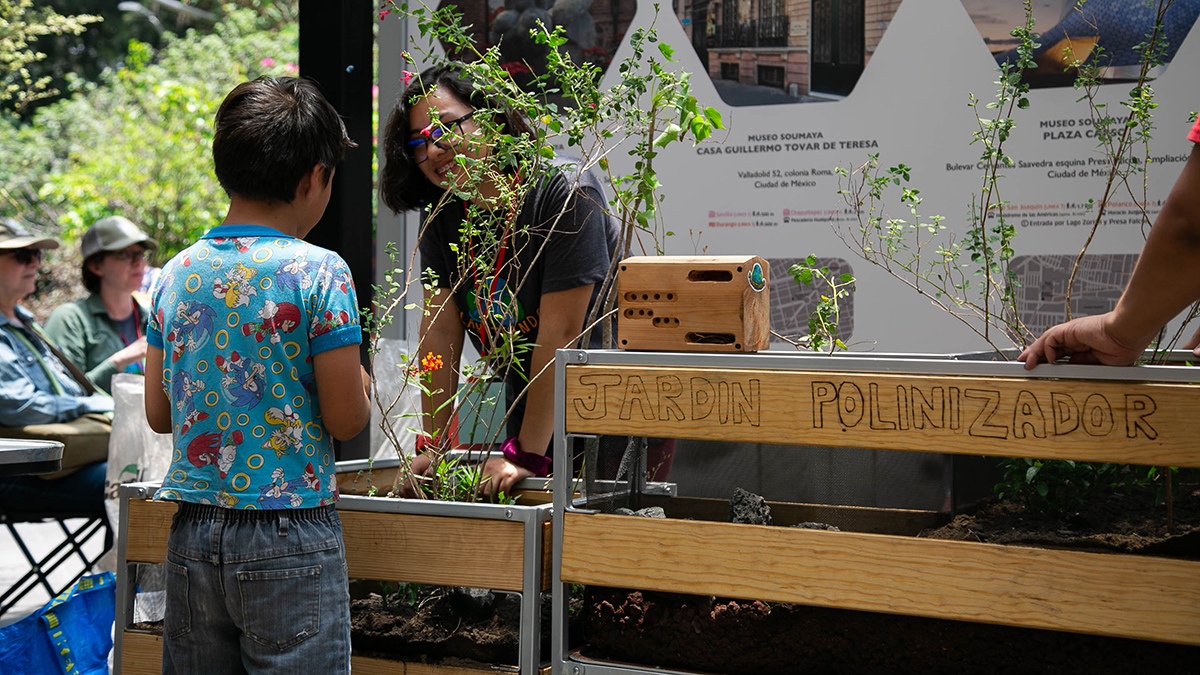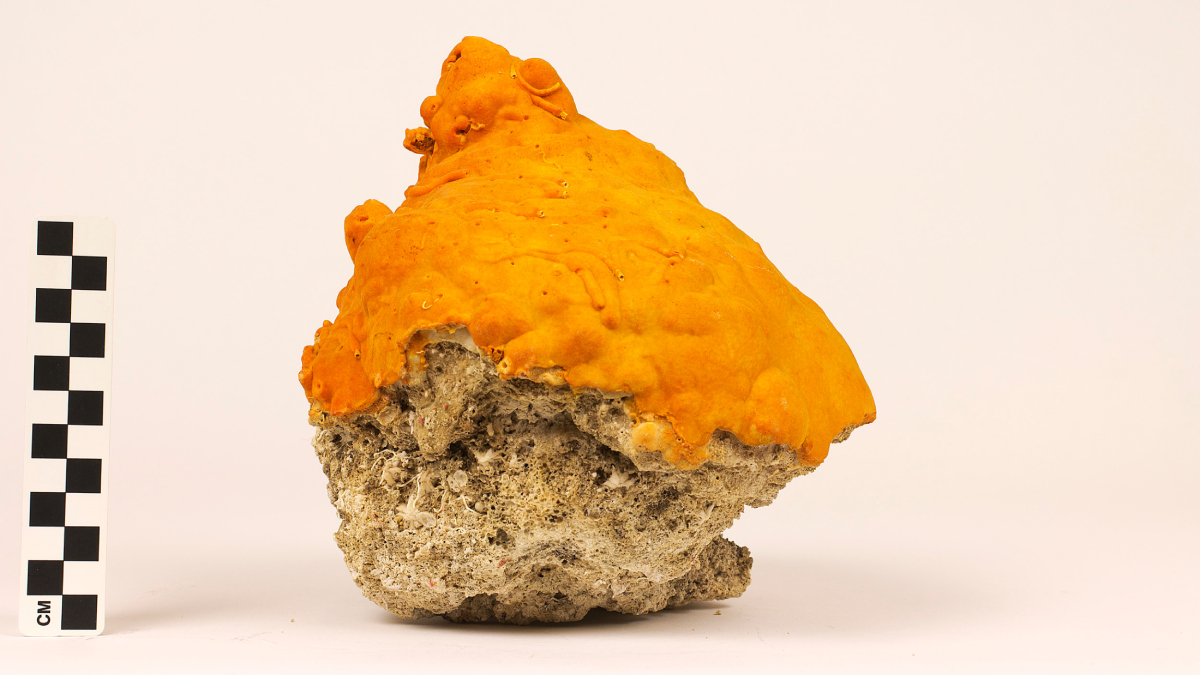Mexico’s largest Earth science festival will debut special activities to engage children in science—although audiences of all ages are welcome to enjoy them.
climate action
Barrier Islands Are at the Forefront of Climate Change Adaptation
Coastal evolution modeling sheds light on the impacts of coastal development and adaptation decisions on barrier islands in the era of sea-level rise.
Putting Climate Laws to Work
Recent legislation could dramatically cut carbon emissions in the United States—but only if it’s well executed and widely used.
هل يمكن لغمر الأعشاب البحرية أن يبرّد المناخ؟.
يمكن للأعشاب البحرية المغمورة أن تخزّن الكربون في قاع المحيط، ولكن يظل من غير الواضح مدى فاعلية هذه الاستراتيجية، وكيف ستؤثر على صحة المحيط.
Super Tuesday Lays Out Election’s Environmental Stakes
U.S. elections could pull the country back from several environmental tipping points—or push it beyond them. Scientists are urging people to seek climate action beyond the ballot.
Climate Scientist Michael Mann Confronts Defamers in Court After 12-Year Delay and Wins
The trial comes as climate impacts and attacks on science and its practitioners are worse than ever.
From Newsworthiness to News Usefulness in Climate Change Research
Current approaches for deciding what science is covered in the media portray only a narrow slice of climate change research and aren’t well suited for stoking climate action.
Oceans May Have Already Seen 1.7°C of Warming
The global warming clock started ticking decades earlier than current estimates assume, according to Caribbean sponges.
Comparing Carbon-Trapping Capacities of Anoxic Basins
Low-oxygen regions in the ocean could be prime spots for sequestering biomass—a potential strategy for fighting climate change. But each site has its pros and cons.
Can Submerging Seaweed Cool the Climate?
Submerged seaweed can store carbon at the bottom of the ocean, but how effective the strategy will be—and how it will affect ocean health—remains unclear.










